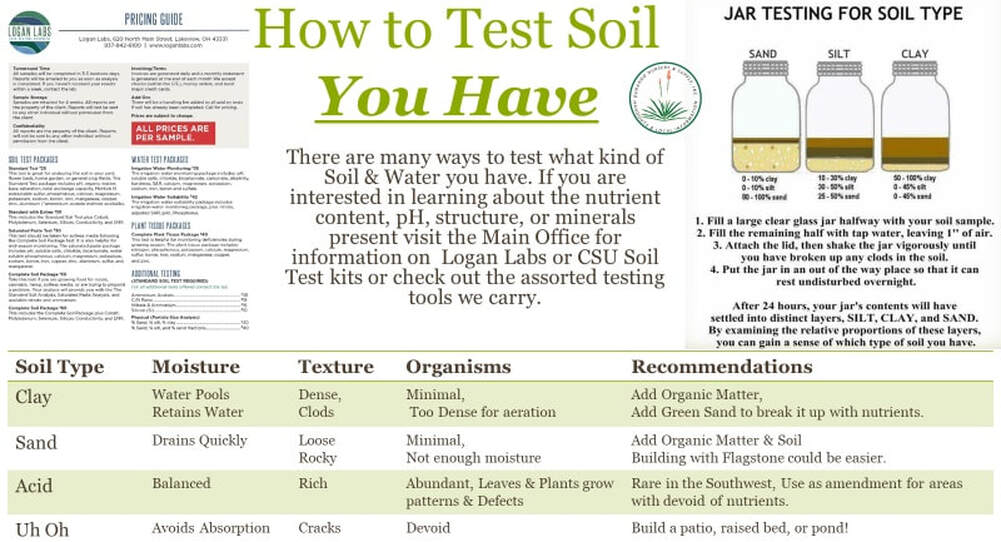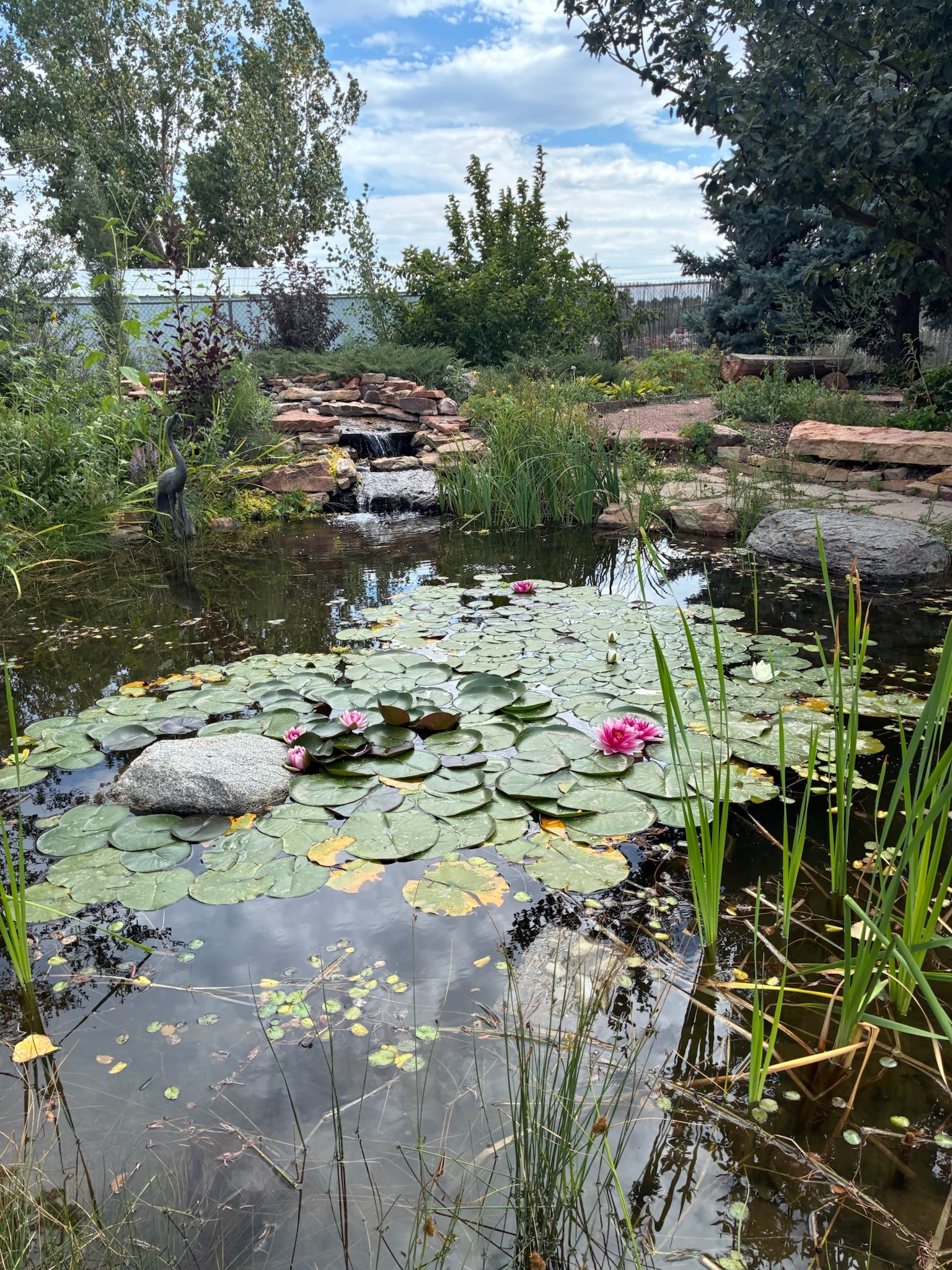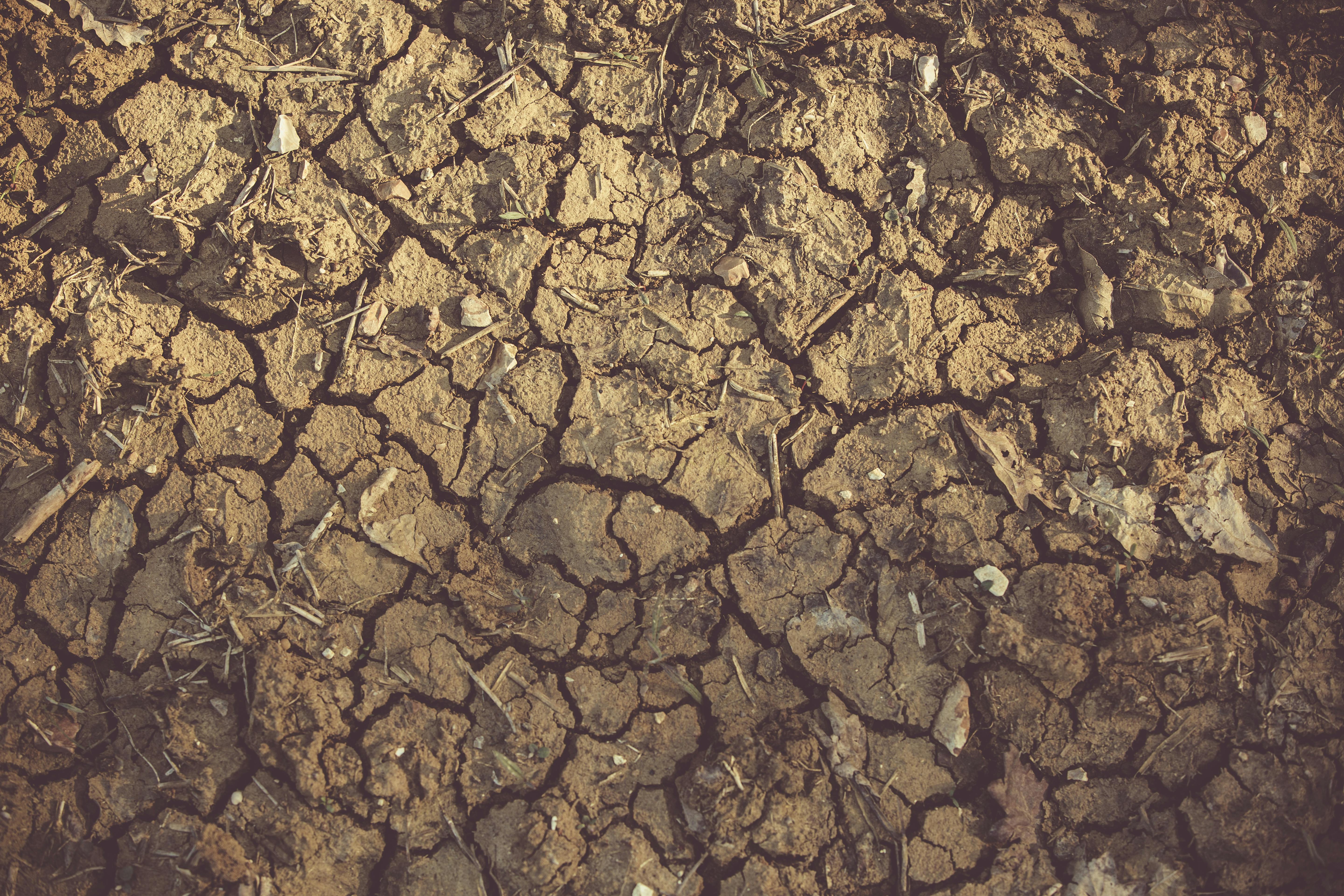Here we will discuss different qualities of soil and which plants can tolerate their extreme conditions. Being tolerant of these conditions does not imply that it is preferred although it can imply that minimal amendment is required during plantings. Well-balanced soil is the most highly recommended to ensure the success of all plantings. Compost help balance any soil type.
The San Juan mountains are a treasure trove of special situations! With a robust history of forest fires, mudslides, mine spills, naturally occurring minerals and heavy metals, and other soil situations. If there are soil elements that cause extreme difficulty, pick up a Soil Test Kit to test trace elements in your soil!
Every yard is unique. Your soil may be different than your neighbors. It can be difficult to find plants that will grow in areas with packed clay, acidic compost, filled with sandy shale, or containing high metal content. Pay attention to naturally occurring organisms including weeds, worms, or pill bugs that can give you insight into your current soil situation.

Clay Soil
Clay is the predominant soil composition we deal with in the Southwest, which is why the art of pottery is associated with our region. While it can present difficulties (extremely heavy soil with minimal drainage or aeration), with a bit of extra work you can still create your perfect paradise. Many of our native plants are accustomed to clay and may even prefer it due to its ability to hold moisture during drought periods. Many of our favorites, including Lavender, can grow successfully with minimal amendment to the natural soil.*NEVER add sand to clay soils to increase drainage: Clay + Sand = Cement!!
Sandy Soil
Sandy Soil can be easy to spot and fix! If your soil is really rocky, filled with shale, and drains very quickly it is "Sandy" soil. All plantings will need to be heavily amended with organic matter (BTE Acidified compost, Mulch, Cotton Burr) and Topsoil to assist with water retention and structure. Pay close attention to watering as well, as this means your plants may dry out quickly.
Acidic Soil
This situation is extremely rare in the Southwest and would be found if you are planting a former compost pile or beneath a pine tree. We recommend using these patches of rich acidic soil to amend other areas of your yard, or to turn that soil in deeply as it may not be as rich below the acidic pocket.
Salty Soils
This can be one of the most difficult soil situations, as there is no amendment to remove salt from the soil. Increase the drainage of your soil to allow the salt to flow away with any large rains. The other option includes the use of chemical compounds to break down the salt which may cause more damage to the soil. Planting Salt Tolerant Plants can beautify these areas while their roots improve the soil structure and composition!
Plants Tolerant of Mine Spills or Heavy Mineral Content
Durango, Colorado and the Four Corners area has a robust geological history of naturally high minerals, metals, and ore. With a rich mining culture and extreme weather, we have experienced ecological crises that may have impacted the quality of your soil. If your property has been impacted by such events your soil may have a high content of Cadmium, Chromium, Copper, Nickel, and/or Zinc. Thankfully there are many local Hyperaccumulators (plants that can break down and process these elements) listed in the link below. Note: Most mudslides, mine spills, or other events wash out very quickly in our area, due to the heavy clay content of our soil. We highly recommend testing the soil before assuming heavy mineral content.
Stay Updated with Our Newsletter
Join our newsletter for the latest blog updates, exclusive promotions, and expert landscaping tips.


